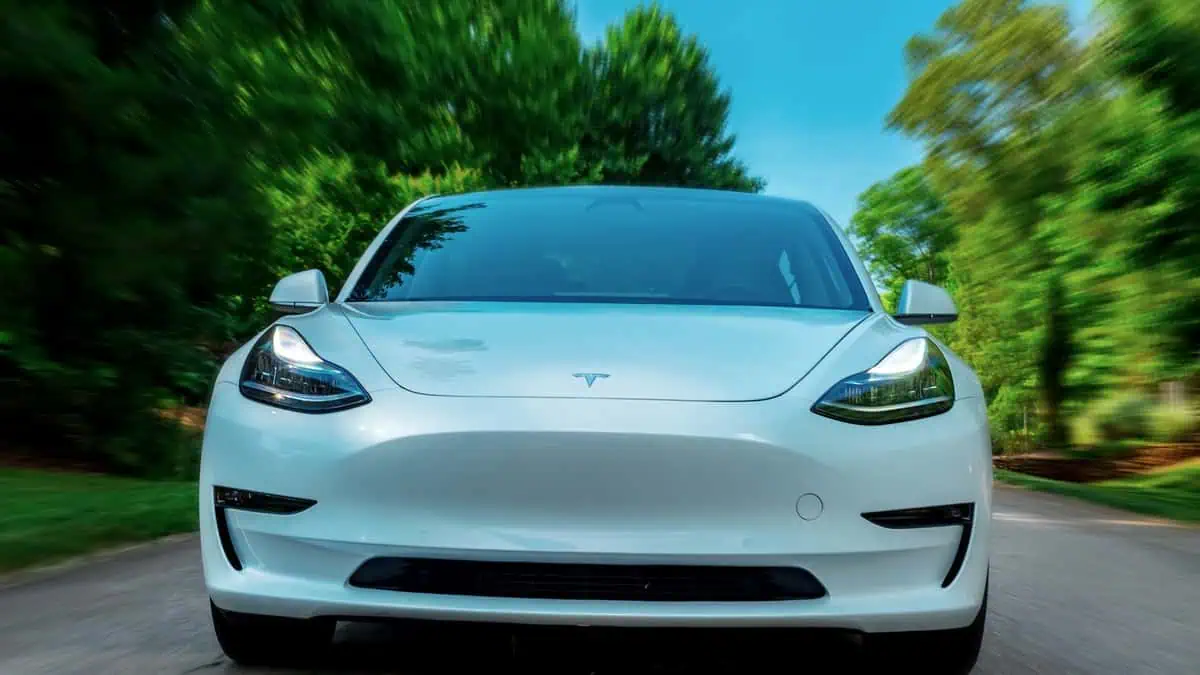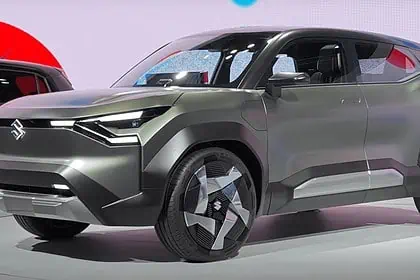Sixteen automotive players in the world’s largest auto market reportedly agreed to a truce under CAAM’s presence to ultimately end the price war, with Tesla being the only foreign brand at the signing ceremony.
The China Auto Forum in Shanghai hosted the signing ceremony on Thursday, witnessing the pledge of the automakers to stop implementing abnormal pricing in the Chinese market.
Agreement
The automakers present at the signing ceremony are as follows: China FAW, Dongfeng Motor, SAIC Motor, Changan Automobile, BAIC, GAC, China National Heavy Duty Truck, Chery, JAC, Geely, Great Wall Motor, BYD, NIO, Li Auto, XPeng Motors, and, Tesla.
Presented below is a section from the commitment letter signed by the above-mentioned brands (shared by CnEVPost):
| “First, we will abide by the rules and regulations of the industry, regulate marketing activities, maintain a fair competition order, and not disrupt the fair competition order of the market with abnormal prices. Second, we will pay attention to marketing methods, will not exaggerate or conduct false marketing, not to mislead consumers to attract attention and increase customer acquisition. Third, we will put quality first, use quality-oriented, high-quality products and services to meet the people’s needs for a better life. Fourth, we will actively fulfill our social responsibility, and take an active role in helping to stabilize economic growth, increase confidence and prevent risks, and work together to make a contribution to national economic growth.” |
China Association of Automobile Manufacturers (CAAM) also signed the commitment letter yesterday, along with the 17 automakers who attended the ceremony.
Why is this necessary?
The price war, triggered by the leading American electric automaker early this year, caused increasing pressure on its Chinese rivals to also compromise profits.
Local brands like BYD and XPeng joined the price war to remain competitive, sending shockwaves across the global EV industry, particularly in China.
However, the aggressive price cuts of about $7,000 for each Model 3 and Y unit at that time also backfired on Tesla when it received multiple complaints from disappointed and angry buyers regarding its changing prices.
There was even an instance where customers swamped at a Tesla Experience Center to protest the next day after the price cut announcement.
Customers’ disappointments were understandable, considering that Tesla had continuously raised its EV prices in China in the past two years. Then, it suddenly imposed significant price cuts at the beginning of 2023.
See Also:
- Tesla’s price-cuts intensified ‘price war’ among EV makers, to affect suppliers
- Tesla Sales increased in China after price cuts
- Tesla cuts prices again in China as demand slows
- Estimated Tesla order backlog chart explains price cuts in China
- Tesla cuts EV prices in China by up to 9% as analysts warn of ‘price war’
Despite the significant development, it must be noted that this particular agreement is “self-regulatory” and not legally binding. Therefore, it would really just be up to the automakers to uphold their pledge to maintain healthy competition in the EV industry.






